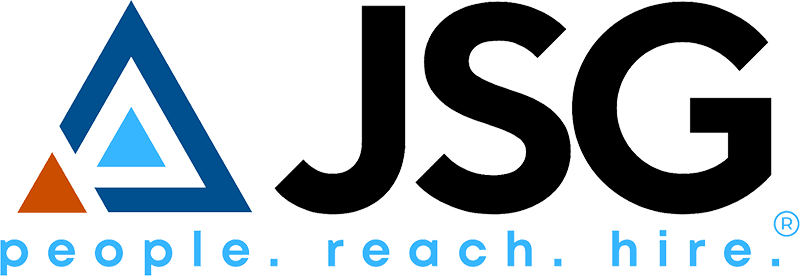
How Your Company Can Attract Gen Z
The introduction of Gen Z to the job market changes the game. This generation is substantially different from Millennials. They have distinctive expectations, preferences, and

Five Industries Hiring New Grads During the Pandemic
The Coronavirus is affecting everyone, from how we work to how we play. Yet, for new grads, it’s transforming even more than that; it’s changing

How To Leverage Your Athletic Background To Land A Job
Most athletes know that sports are about so much more than winning. When you participate in athletics, you acquire essential life skills and build relationships

Should Employers Offer Mental Health Days?
The topic of mental health in the workplace is gaining in popularity, especially with the younger generations. According to a recent study, 91% of Gen Z

Younger Workers May Not Like Job Hopping After All
Millennials and their younger Gen Z counterparts are often misunderstood in the workplace. One of the biggest myths about the younger generations is that they’re

Younger Workers May Not Like Job Hopping After All
Millennials and their younger Gen Z counterparts are often misunderstood in the workplace. One of the biggest myths about the younger generations is that they’re



